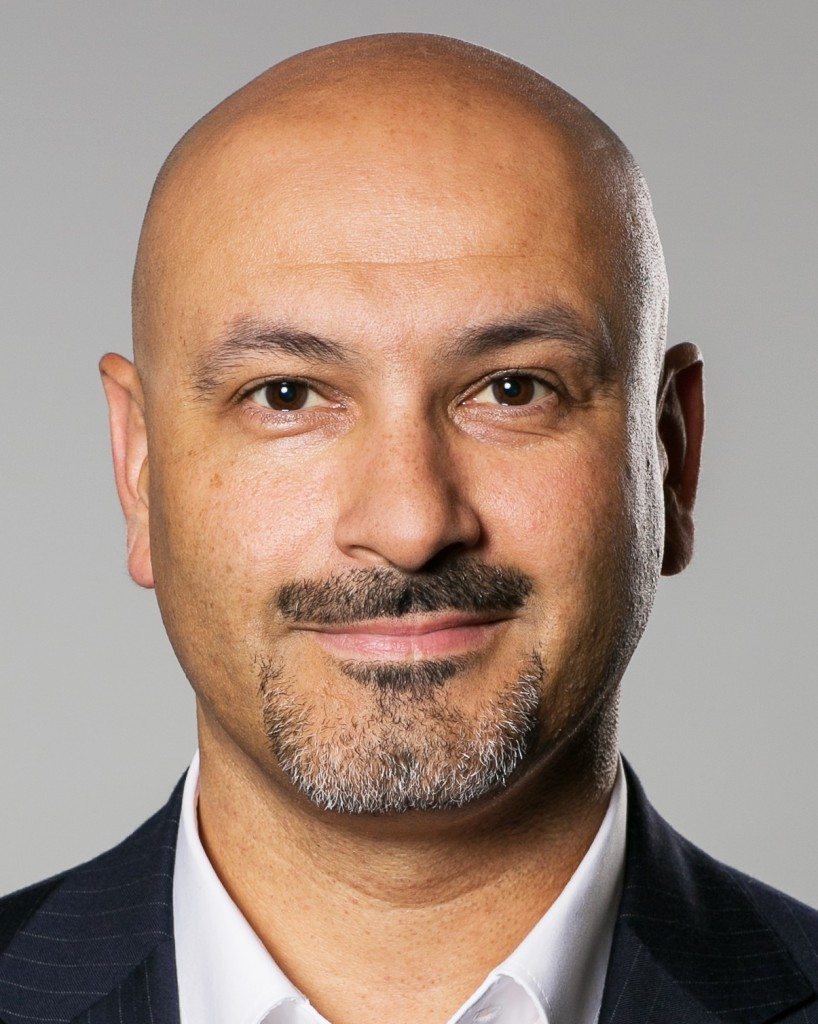Qnective embarks on benchmark project for safer shipping and trade in the Middle East
In early September this year, Qnective Middle East announced that it had been awarded a contract, through its local partner Al-Madakhel Investment, to design, build and operate a new shore-based maritime communications network for Oman.
The project, the first of its kind in the region, is a major breakthrough for Zurich-headquartered Qnective, which provides sophisticated terrestrial and marine communication solutions and services, mainly for government and defence sectors. The company brings to the table deep expertise in wireless technologies, networking and highly-secure encryption mechanisms.
Built upon the GMDSS (Global Maritime Distress and Safety System) Standard, the new communications network will enable Omani authorities to obtain additional important data regarding the identity, freight and itinerary of all vessels in the waters surrounding the country.
“We have experience in building and operating maritime communication and surveillance infrastructure in other parts of the world,” says CEO and founder Oswald Ortiz. “In Oman, we will own the network and deliver services to the government for an operations fee. We will operate and maintain the network for a period of 15 years.”
The importance of maritime communications networks for the region is immense, with an estimated 60,000 vessels a year passing through the Straits of Hormuz.
“It is rather dense traffic through a very thin area, and this has to be monitored,” explains Ortiz. “Vessels need to be able to set up calls and be tracked and found during emergencies, or when under surveillance.”
There have been incidents where ships in distress off Oman’s coast were unable to get help on time due to the country’s lack of coastal communications infrastructure. The new maritime communications system will benefit roughly 15,000 active fishing boats and the new world-class port facilities along Oman’s coastline.
“The infrastructure is in accordance with International Maritime Organisation (IMO) standards,” says Ortiz. “Oman is aiming to build a huge hub for the region, and could possibly become the regional headquarters for such a network.”
Apart from shipping activity, maritime communications networks also benefit the industrial and power and desalination complexes that tend to be located along the coast in this region.
Ortiz says: “We can build a nationwide communications system that will serve different customers like port authorities, ministries and the coast guard. If they installed their individual communication systems, you would eventually end up with fragmented infrastructures that don’t talk to each other.”
Qnective enters into rental agreements with telecom companies to use their existing infrastructure to install its own VHF, MF and HF radio infrastructure. The company also invests significantly in ground equipment for its build, operate and maintain projects.
“In the case of Oman, we will be building 24 to 25 antenna sites,” says Ortiz. “We are building significant infrastructure, including an AIS system, which identifies and tracks vessels and further enhances the security of vessels at sea. All the fishing vessels in Oman will be equipped with trackers.”
Ortiz expects to spend up to $200m in total in Oman, which is a fairly high amount for a company its size. The company will also have a Maritime Radio Communications Operations Centre (MROC) in Muscat to provide coastal surveillance services.
Securing the enterprise
Qnective has also started dabbling on the enterprise side, extending its secure communication expertise to develop a commercial product.
“The enterprise solution consists of a server infrastructure and clients on standard cell phones, laptops and tablets,” says Ortiz. “The solution allows companies to have end-to-end secure communication between two or several parties. It is aimed at protecting critical industries that have a systemic impact on the whole economy of a country.”
Interestingly, Qnective doesn’t install anything on its own. Rather, the company prefers to implement its solutions through local integrators that are trusted by the government.
Ortiz explains: “The government doesn’t have to trust us, they have to trust our technology. They can go through the source code and check it line by line. Once satisfied, they get their own compilation, and the technology is installed by one of their partners in their premises.”
Qnective invests a significant part of its revenues in R&D to strengthen its products against all types of attacks. It claims to be the only company providing a secure communication technology based on dynamic encryption.
“In our case, the communication is independent of the key exchange,” claims Ortiz. “All other solutions are sessions-based. We exchange keys up to 16,000 bits every second, which is unique. Our solution works independent of carriers and backbones. Mathematically, it is impossible to break it using the brute force method, and even if you used all the computers in the world, it will take several years.”
Apart from Europe, Qnective has established a strong presence in Asia, and is now eyeing Latin America and the Middle East. With its first account opened in Oman, the company is pursuing projects in Bahrain and Saudi Arabia, and has opened an office in Dubai.
“We will enhance our activity in the infrastructure area,” says Ortiz. “We believe that we have a significant market here, given the type of business we are in. We also hope to grow the software or pure secure communication side of our business in the region soon.”

